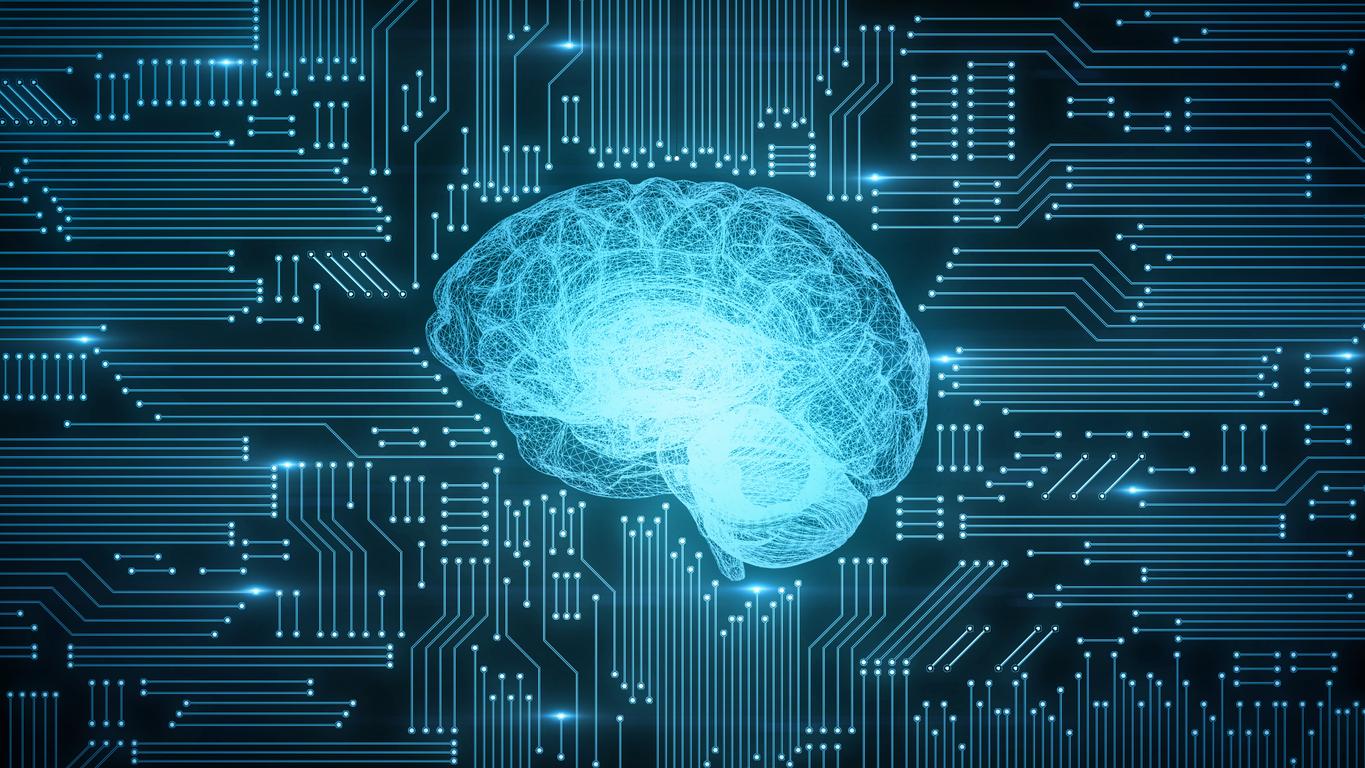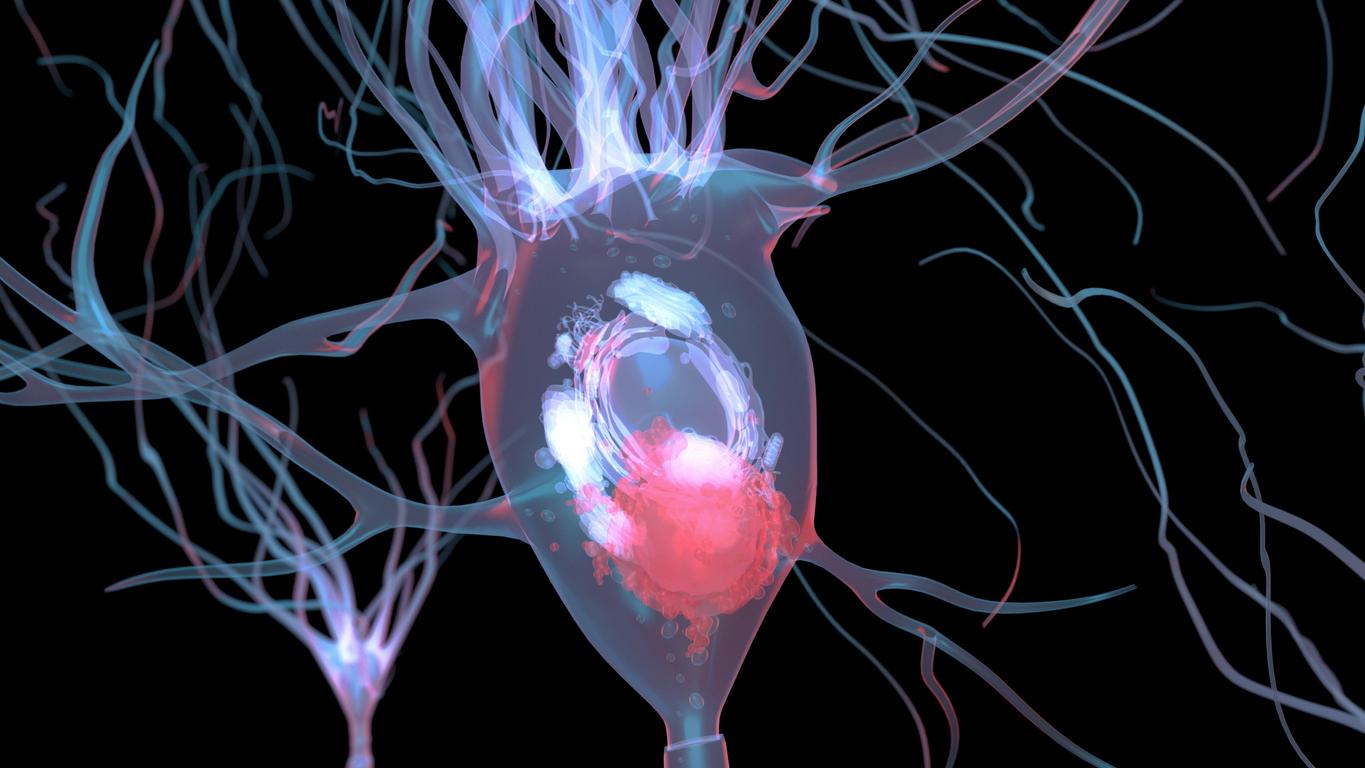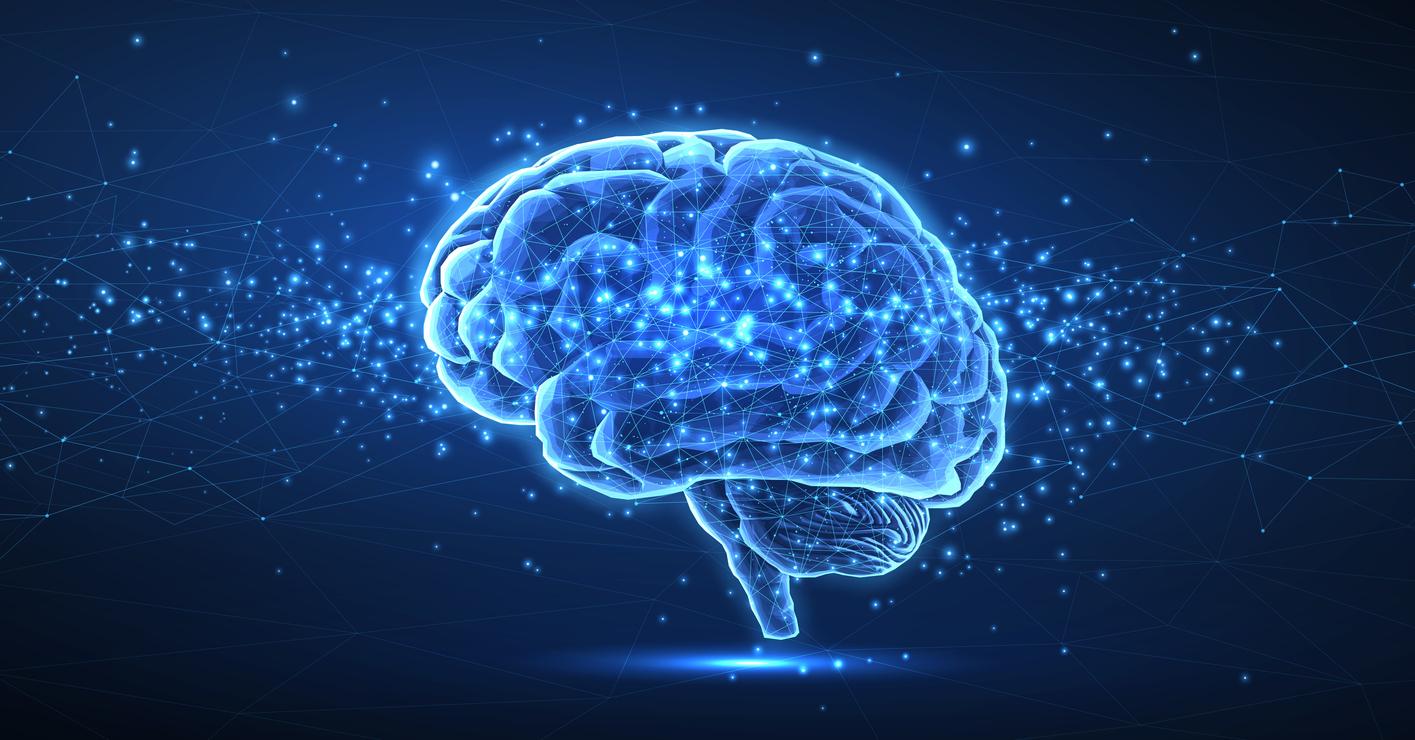British scientists have developed an artificial intelligence model to predict people who are at risk of developing dementia. According to their study, this new tool would make it possible to carry out an early diagnosis with 92% certainty and to identify the risks two years in advance.

- British scientists have designed an artificial intelligence model capable of detecting the onset of dementia two years in advance
- According to researchers from the University of Exeter who led this study, the algorithm would make it possible to establish a diagnosis with 92% certainty.
Dementia is a common neurodegenerative disease, but its onset is still difficult to prevent. However, artificial intelligence could be a game-changer. According to a new large-scale study, it could even predict which people are at risk of developing dementia two years in advance.
These predictions would be possible using data from more than 15,300 patients attending a memory clinic in the United States. Researchers have found that a form of artificial intelligence called “machine learning” can pinpoint who will develop dementia.
Developed by English researchers at the University of Exeter, this AI model was designed based on the analysis of these patients, between 2005 and 2015. If no participant had dementia at the start of the experience, one in ten (1,568) received a new diagnosis within two years of visiting the memory clinic.
Identify diagnostic errors
The researchers found that the machine learning model could predict these new cases of dementia with up to 92% accuracy and far more accurately than two other existing research methods. Machine learning is based on patient information commonly available in clinics, such as memory and brain function, performance on cognitive tests, and specific lifestyle factors.
“We know that dementia is a highly feared disease. Incorporating machine learning into memory clinics could help ensure a much more accurate diagnosis, reducing the unnecessary distress that a misdiagnosis could cause”underlines Dr. Janice Ranson and co-author of the study.
Posted in JAMA Network Open and funded by Alzheimer’s Research UK, the study also suggests the tool could help reduce the number of people who are misdiagnosed with dementia.

.

















